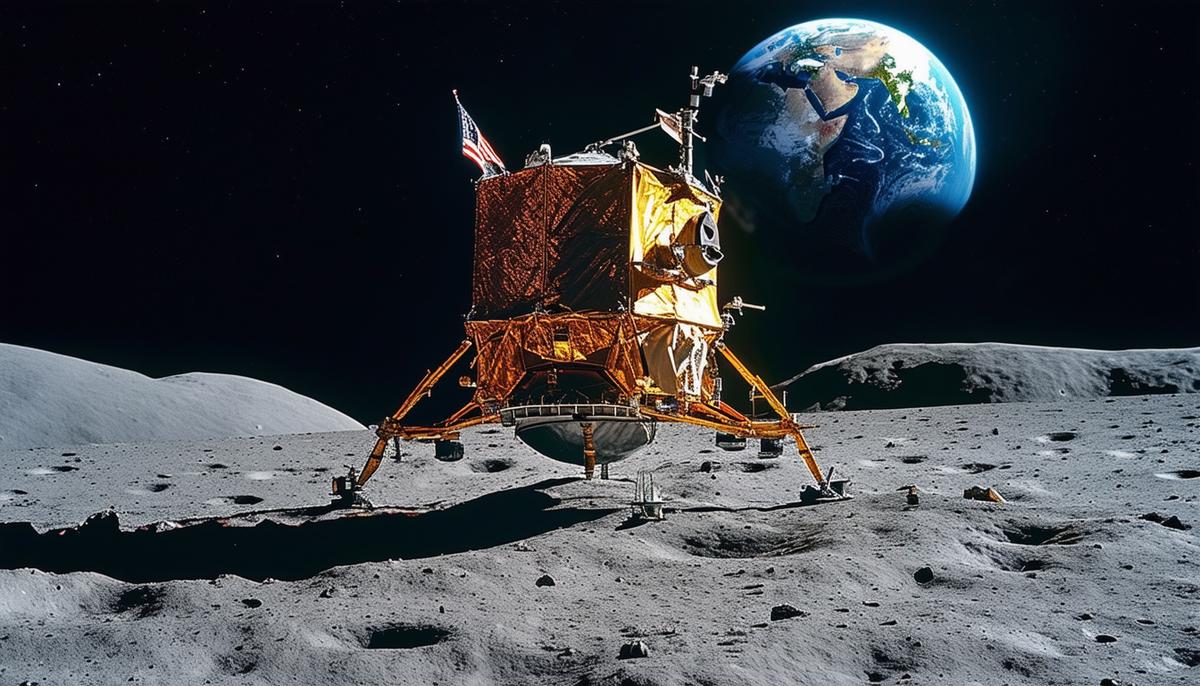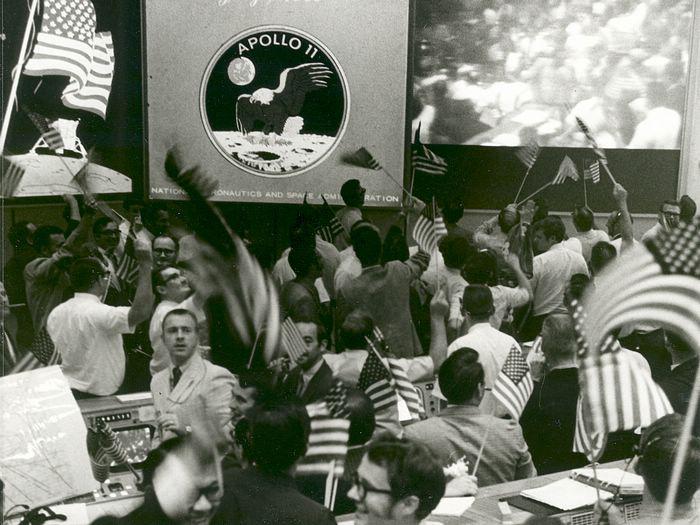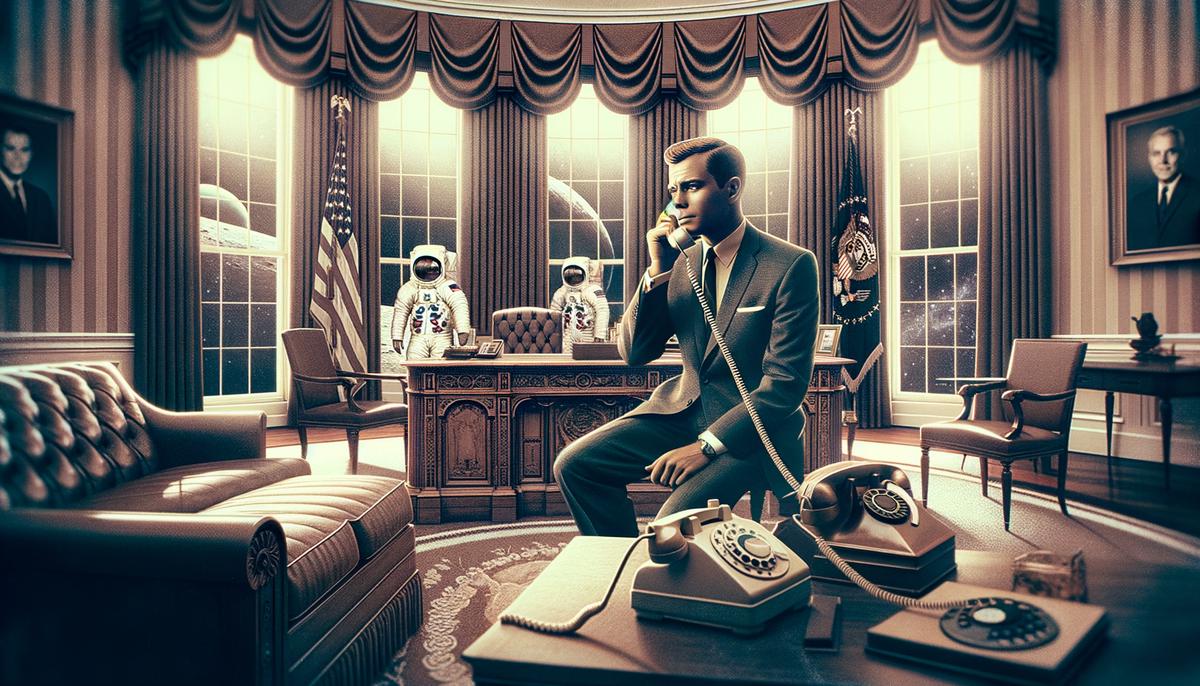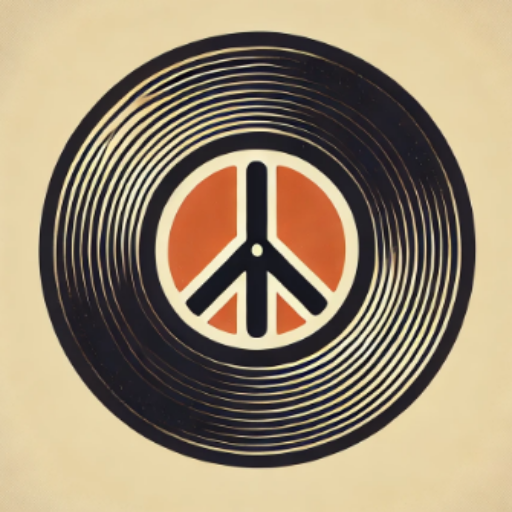Apollo 11 Mission Overview
Apollo 11's launch on July 16, 1969, kicked off an unforgettable journey. Atop a massive Saturn V rocket, Neil Armstrong, Buzz Aldrin, and Michael Collins blasted off to make history. The rocket's power could've lit up all of New York City as it thundered into orbit, setting the stage for a cosmic adventure.
Eight days later, they reached the moon. When Armstrong stepped onto the lunar surface, his famous words echoed around the world. That "small step for man" was a huge leap for everyone watching back home. Armstrong and Aldrin explored the moon, collecting rocks and soil, while Collins orbited above in the command module Columbia.
The astronauts set up experiments and left behind a plaque with a message of peace. Their moonwalk lasted just over two and a half hours, but its impact was astronomical. From schoolyards to public squares, people worldwide were glued to their TVs, hearts pounding with every step the astronauts took.
On July 24, after their cosmic dance, the crew splashed down in the Pacific. They returned as heroes, symbols of human achievement. Apollo 11 wove together global hope and aspiration, mixing science and spirit with our universal desire to explore.

Global Media Coverage
The moon landing sent media outlets worldwide into a frenzy. It wasn't just news; it was a show that stopped traffic in cities and small towns alike.
British newspapers captured the moment with punchy headlines. The Daily Mirror went with "Man Walks On The Moon," while the Aberdeen Press and Journal called it "The Historic Footsteps." The Belfast Telegraph focused on "The Last Big Gamble" of the return journey.
Globally, Apollo 11 was the rave of the century. From Latin America to Asia, it beamed through radios and TVs, lighting up living rooms and public squares. In Japan, tens of millions tuned in, while in Italy, families huddled around their sets. Even in countries like the Soviet Union and China, where official broadcasts were more reserved, the fascination was impossible to ignore.
Congratulations poured in from around the world. Heads of state sent praises, neighbors threw impromptu parties, and humanity seemed to forget its differences for a moment. On that day, the moon and Earth felt like neighbors on the same street, chatting over fences.
International Reactions
As news of Apollo 11's success spread, the world erupted in cheers and congratulations. Governments rushed to offer kudos, with President Nixon receiving notes from heads of state worldwide. Even countries less keen on the Space Race quietly acknowledged the achievement.
In the UK, Prime Minister Harold Wilson expressed admiration. French and Italian journalists sang praises, their headlines full of drama and grandeur. The Soviet Union kept its cool publicly, but beneath the surface, there was a flicker of respect for their American counterparts.
On the streets, celebrations were electric. Here are some examples:
- Crowds danced in Santiago, Chile
- Schoolchildren marched in Bavaria, Germany
- Traditional drummers in West Africa beat rhythms into the night sky
- Thousands gathered in public squares in Seoul, South Korea
- In Hong Kong, the buzz wove through the city despite limited media coverage
The excitement rang through telephones, bounced across café tables, and lingered in hushed conversations at nightfall. People worldwide found themselves sharing a new camaraderie, discussing "Eagle" and "Tranquility Base" as if they were local hangouts.
As reality resumed its spin, a shared whisper echoed: if humans could touch the moon, what else could we do together? People looked up with newfound curiosity, the night sky now an endless invitation to dream big.

Impact on U.S. and Global Politics
The Apollo 11 moon landing wasn't just a space milestone; it was a game-changer in global politics. America staked its claim as the top dog in space, with Neil Armstrong and Buzz Aldrin becoming instant icons. Their lunar dance echoed from Brooklyn to Bangalore, showing off Uncle Sam's scientific muscle.
For the U.S., the effects were immediate: a boosted reputation that had nations nodding in admiration and rethinking alliances. Allies and rivals alike saw what American innovation could do, opening doors for new collaborations.
The Soviets played it cool in public, but behind closed doors, they knew the Space Race had hit a new level. Americans were now the space cowboys, and the Soviet Union felt the nudge to step up their game.
China watched from afar, eventually inspired to pursue its own path to the Moon. The celestial leap reshaped international relations, with leaders exchanging knowing glances about the new dynamics at play.
As folks returned to their routines, the world of politics had a new dimension. The Apollo 11 legacy unfolded not just on the Moon but in the web of nations dreaming about their place among the stars. It was a global patchwork of optimism and curiosity, with each country eyeing its own cosmic future.

As we look back on Apollo 11, it's clear: this mission showed what humans can do when we dream big. It left us with more than footprints on the Moon – it gave us a spirit of exploration that still fires us up today.
- Bustard BI. 20 July 1969: Recreating a Day in History. Prologue Magazine. 2004;36(2).
- NASA. Apollo 11 Mission Overview. NASA History Division.
- Shakespeare F. Memorandum From the Director of the United States Information Agency to President Nixon. U.S. Department of State Archive. 1969.
